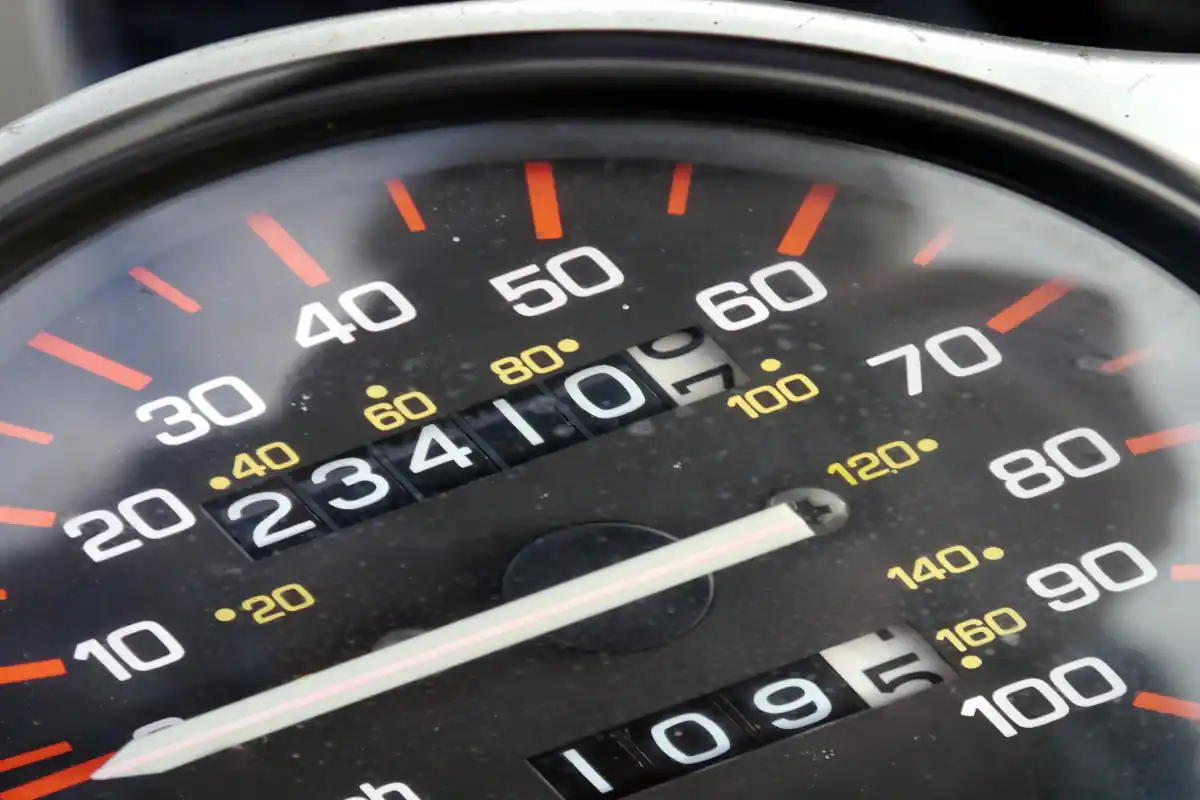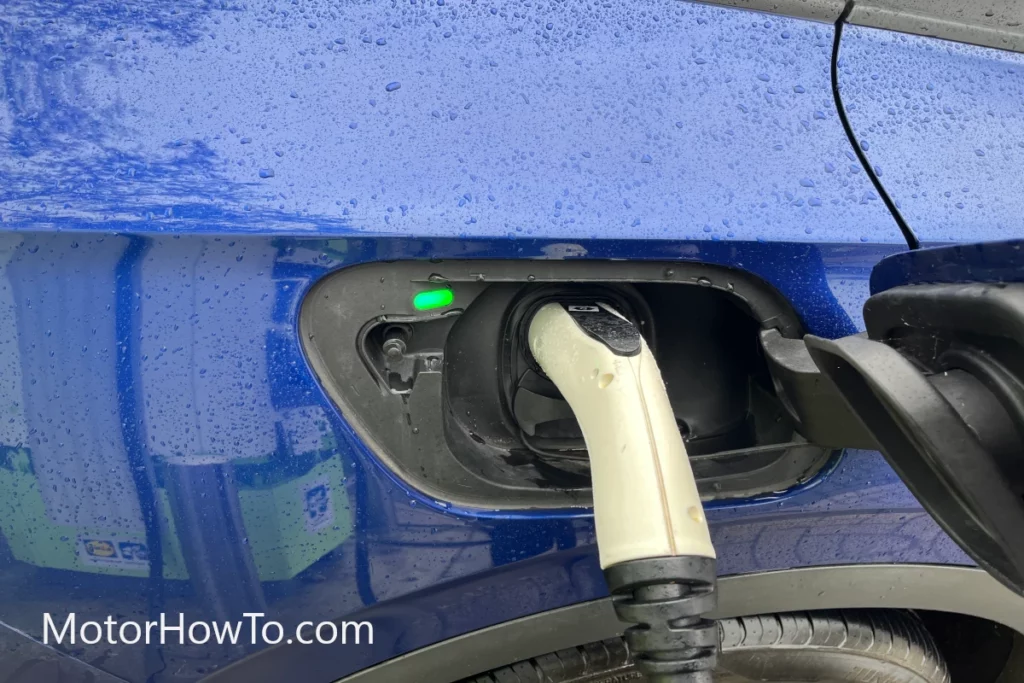When it comes to your odometer, there really are plenty of different things that you need to know regarding it because of how technology has changed the way we actually count our vehicle’s mileage.
That said, we have something that we call odometer data, which comes from a GPS odometer that uses GPS data to determine the mileage of the car.
But what exactly is odometer data with respect to GPS odometers?
The odometer data of GPS odometers is simply the mileage counted by the GPS odometer based on the GPS distance traveled by the vehicle and not on the tire data, which is what traditional odometers base their values on. Over time, data of GPS odometers may differ to odometers due to certain factors.

GPS odometer data is a good way for you to have another perspective in relation to your vehicle’s true mileage because of how it simply measures distance traveled and nothing else.
Then again, because of how you need to actually know your vehicle’s true mileage, you might notice that there will be discrepancies between your GPS odometer data and your actual odometer, and that is where you need to know more about these two aspects.
What is odometer data on a GPS odometer?
When you want a good way to determine your vehicle’s mileage, the odometer on the vehicle will most likely already give you everything that you need in relation to making sure that the vehicle’s mileage is actually recorded properly.
After all, it is important for you to know the car’s mileage through the odometer whenever you want to sell your car because the mileage is what will ultimately determine its value.
That said, you can also use a different kind of odometer that provides a different input when it comes to your mileage.
This is where a GPS odometer comes in as it provides the odometer data that you may want to use whenever you want to know your car’s mileage from a different point of view.
So, what is the odometer data on a GPS odometer?
Basically, the odometer distance data that is. recorded by a GPS odometer is actually dependent on the actual distance covered by your vehicle based on the GPS data it recorded.
It uses satellite signals to record the distance traveled by the vehicle as this odometer is actually a GPS tracking device that will cumulatively record its mileage.
So, in short, it really actually records the mileage based on distance and not by using the same algorithm used by your vehicle’s odometer to record its mileage.
In other words, odometer data with respect to your GPS odometer is more likely to show data that is based on the distance covered as recorded by a GPS tracking device.
But keep in mind that a GPS odometer and the odometer data it records are not actually the numbers that most people try to look at whenever they want to see the vehicle’s mileage.
That’s because a GPS odometer is not an actual odometer because of the very fact that it doesn’t communicate with the car’s engine control unit or ECU.
Instead, it works independently from the vehicle as it merely uses the vehicle’s positioning whenever it tracks the distance covered.
Why is your GPS odometer data different from your car’s odometer?
So, now that you have a quick idea of the GPS odometer data that is recorded by your vehicle’s GPS odometer, you may be wondering how its data can be different from the vehicle’s actual built-in odometer.
After all, the GPS odometer data should provide you a good input in relation to your car’s mileage.
But it still is very important to know what makes it different from your car’s odometer and why there is a discrepancy between the two odometer data.
The first thing you need to know is that the odometer data between a GPS odometer and an actual odometer is different because of how the data is obtained in different ways.
A GPS odometer receives odometer data through the car’s positioning and distance covered with respect to a satellite tracker.
On the other hand, odometer data through your car’s odometer uses converters and wheel speed, which is recorded in your vehicle’s ECU, to calculate the distance covered based on an algorithm. Read more on traditional digital odometers here.
Of course, while the goal of the two different odometers should still be the same, the discrepancy comes because of how certain factors can affect the data recorded.
Such factors include the following:
- Worn-out tires on the vehicles can make the odometer data less reliable due to how worn-out tires are less likely to travel farther distances than tires that are in better shape.
- There are some cases where odometers can actually have errors that are permissible and negligible but will stack up once the different discrepancies in those odometer errors add up.
- GPS odometers rely on satellite signals that can easily be interrupted from time to time by weather conditions such as humidity, temperature, rain, and other similar factors.
How big is the discrepancy between a GPS odometer and a vehicle odometer?
Now that you know that there can be discrepancies between the odometer data of a GPS odometer and an actual odometer, it is now time for us to look at how big the discrepancy really is so that you would know how reliable the data you obtained from these two devices is.
In most cases, GPS odometers are supposed to be designed to have no errors save for the instances when the satellite signals get interrupted by the weather conditions.
It is even proven that the net error of most GPS devices tends to only be about 1.5% and that there should only be an error of at least 6 feet to at most 11 feet.
That said, the discrepancies between your GPS odometer data and the odometer data collected by your odometer shouldn’t be that big.
Your GPS odometer might record a higher value at times due to the net error but, in most cases, the discrepancies between the odometer data should be negligible at best.
Sources
Mapon: Difference in odometer and GPS data



